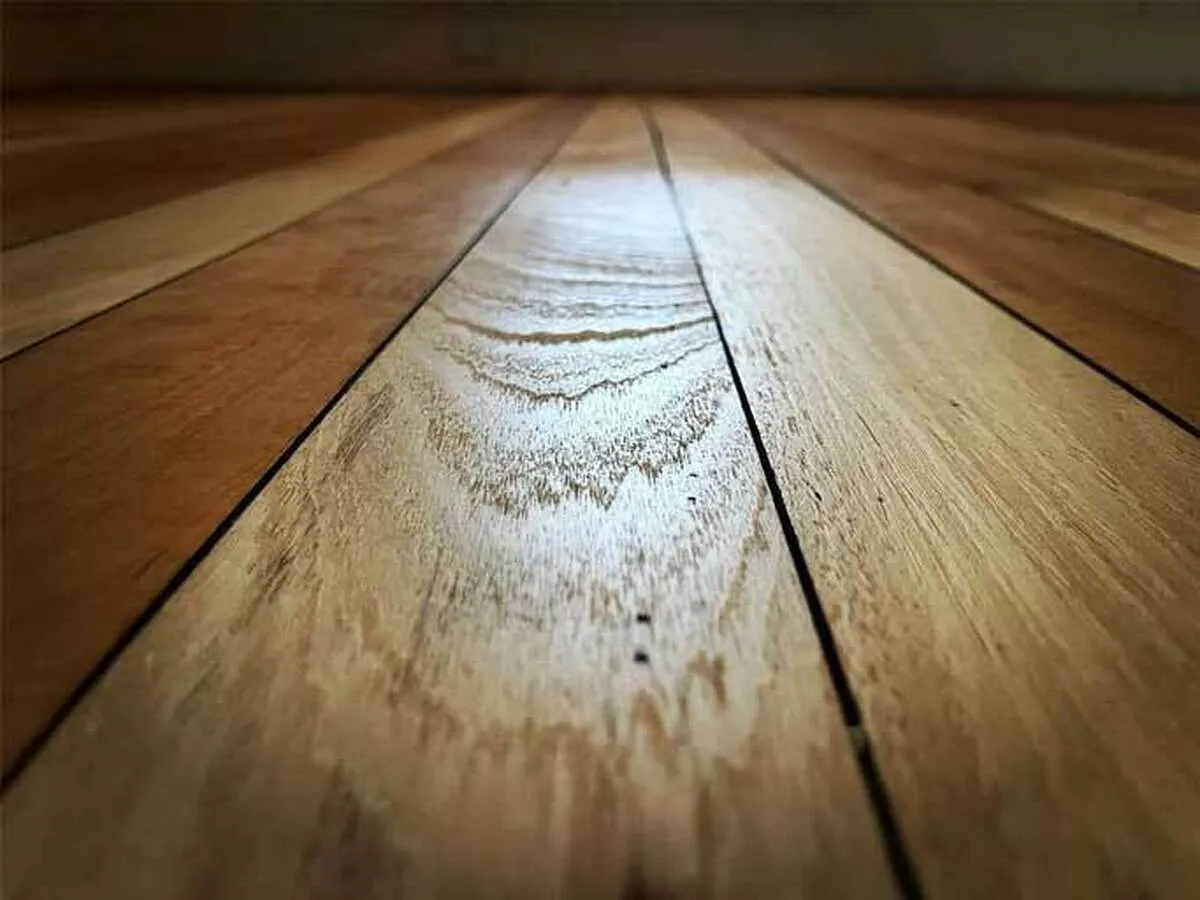Iranian Scientists Produce Bio-Based Nanocomposite from Wood Flour

This innovative material has high mechanical, electrical, and thermal properties and is a green alternative to common plastics in smart homes. Environmental assessments show that this nanocomposite has a lower environmental impact and provides a sustainable solution for smart devices, underfloor heating, and electronic furniture.
Mashallah Reza Kazzemi, a member of the Faculty of Chemical and Materials Engineering at Shahroud University of Technology, in collaboration with a team of international researchers, succeeded in developing the innovative bio-based composite that can play an important role in building smart, safe, and energy-efficient houses.
In this study, poplar wood flour (a renewable waste from forestry and agriculture), multi-walled carbon nanotubes (MW-CNT) as conductive fillers, and natural lignin as a bioadhesive were used. This unique combination not only offers impressive mechanical properties, but also, by eliminating synthetic adhesives, is more environmentally sustainable and helps reduce environmental impacts compared to polyethylene and polyvinyl chloride (PVC).
To achieve high performance, the wood flour was first subjected to an alkaline treatment to remove hemicellulose and increase the reactivity of cellulose. Then, lignin played a key role in the strength between the carbon nanotubes and the wood fibers by forming hydrogen bonds and strong interactions during the hot pressing process. Mechanical mixing also resulted in a uniform distribution of the nanotubes in the composite matrix.
These properties make it suitable for use in smart home equipment, heating surfaces, wall and floor coverings, and even electronic furniture.
In a relevant development in May, an Iranian researcher at Wichita State University and his colleagues had also developed a new generation of lightweight, ultra-strong nanocomposites for advanced industrial applications by using helical carbon nanotubes, a major step in production of reliable materials for the aerospace, energy and medical device industries.
A team of researchers at Wichita State University (WSU), led by Davoud Asgari, an associate professor of mechanical engineering in the WSU College of Engineering and director of the Multipurpose Nanocomposites Laboratory, developed a new generation of nanocomposites for advanced industrial applications. The product has become an innovative type of nanocomposite that could be a milestone in the design of lightweight materials with high strength and durability for the aerospace, automotive, marine, wind energy, oil and gas, medical devices and other high-density technology industries.
Asgari described delamination and weak bonding between layers as a common challenge in traditional composites, and said, "But the helical structure of our nanotubes, within the resin matrix and between the reinforcing fibers, creates a kind of mechanical entanglement that strengthens the structure from within. The result will be stronger parts for airplanes, cars, and even protective equipment."
4155/v





















